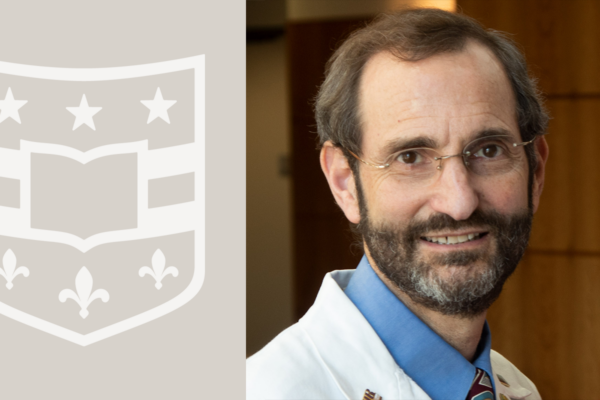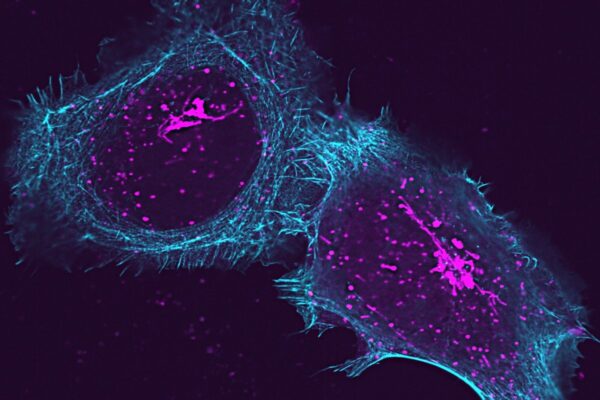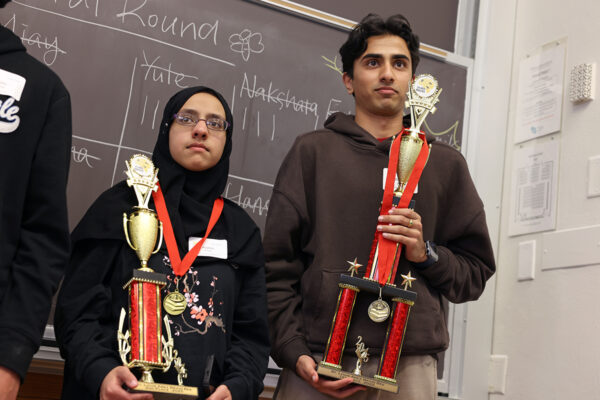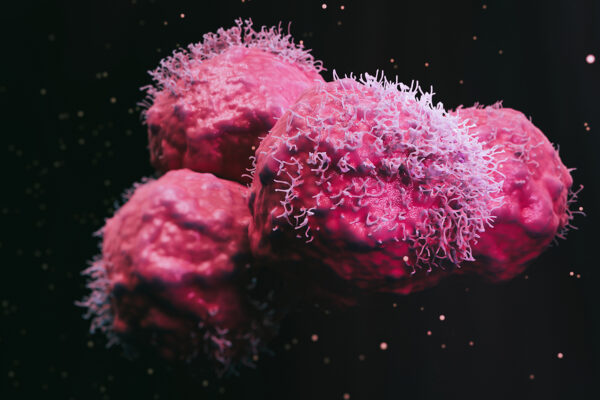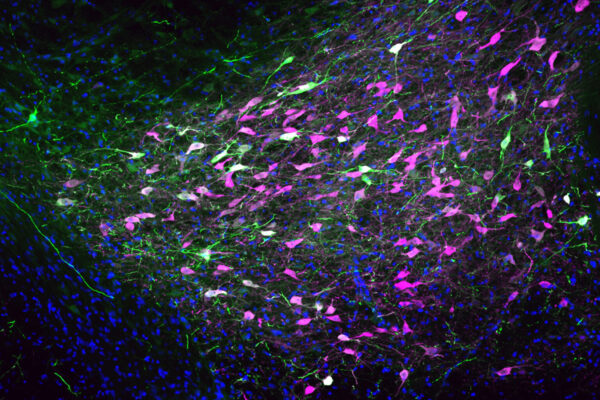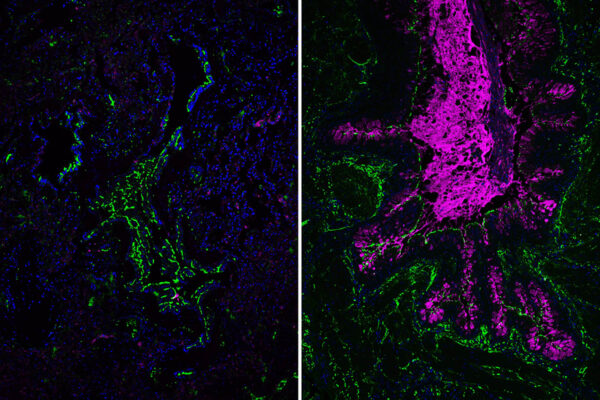Jansky/Bander Family Fund supports movement disorders fellowships, brain bank
The Jansky/Bander Family Fund, a generous commitment of $1.1 million over five years, has been established to advance critical initiatives within the Section of Movement Disorders in the Department of Neurology at WashU Medicine.
Exposing ‘forever chemicals’: Rob Bilott brings his fight to WashU
Rob Bilott, the attorney who exposed DuPont’s water contamination cover-up, will speak April 7 for the Assembly Series. “Dark Waters,” a film based on his fight for justice, screens in advance.
Researchers find missing link in autoimmune disorder
Scientists at WashU Medicine have identified a key component to launching immune activity and overactivity, providing a potential therapeutic target for autoimmune diseases.
A closer look at biomolecular ‘Silly Putty’
Researchers at Washington University have developed a method to peer into biomolecular condensates, which could lead to a better understanding of condensate functions and their impairment in cancers and neurodegeneration.
St. Louis high school students compete, meet experts at WashU Brain Bee
About 55 high school students from the St. Louis region and beyond tested their knowledge of the human brain and learned about neuroscience careers at the 15th annual St. Louis Area Brain Bee March 8 at Washington University in St. Louis.
How cells sense, remember their environments
A $2.2 million National Institutes of Health (NIH) grant will fund research in the McKelvey School of Engineering to explore how epithelial cells sense their environments and acquire mechanical memories.
Female sex hormone protects against opioid misuse, rat study finds
According to a new study by WashU Medicine researchers, male and female rats with a chronic pain condition release different amounts of dopamine when given fentanyl because of sex hormones. The findings might help explain why men have higher rates of opioid use and overdose deaths.
Good parenting helps, but has limits under major deprivation
Researchers at Washington University find high social disadvantage may limit the benefits of parenting on language and cognition.
$4.5 million supports pathbreaking neuroimmunology research
WashU Medicine has received a three-year $4.5 million grant from the Carol and Gene Ludwig Family Foundation, with the ultimate goal of developing new treatments for Alzheimer’s disease.
Genetic analysis explains rare disease severity, points to possible treatment
Researchers at WashU Medicine have uncovered why some patients with a rare genetic disorder called primary ciliary dyskinesia have worse lung problems than others with the same disorder.
Older Stories
